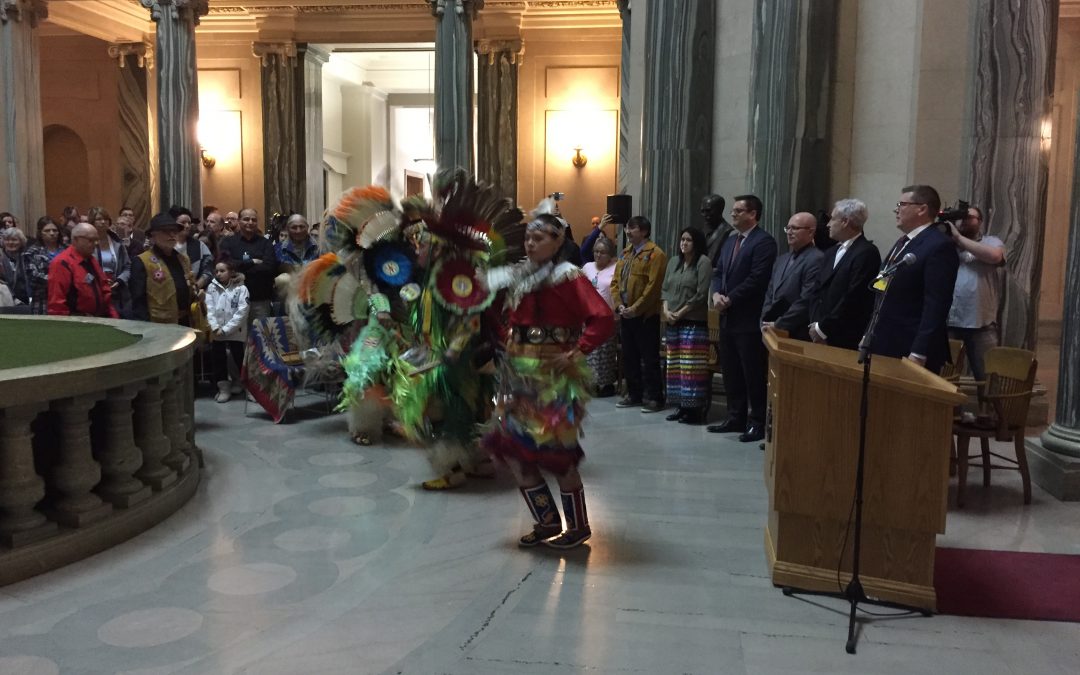“We’re sorry for the pain and sadness that you have experienced. We’re sorry for your loss of culture and language. And to all those who lost contact with their family, we’re so sorry.” Premier Scott Moe expressed those words one year ago in the rotunda of the Sask. Legislative Building to Sixties Scoop Survivors.
Since that time, Sixties Scoop Indigenous Society of Saskatchewan board members have expressed frustration with the provincial government, claiming in the spring session in questions raised by the New Democrats that little help was being provided to locate lost or destroyed birth records and other relevant documents needed to apply for compensation.
Yet one board member said the Ministry of Social Services has improved since the spring, but more needs to be done.
“I feel like the government has made it hard for us to claim who we are,” said Melissa Parkyn. She cites financial costs of replacing missing documents as a barrier for survivors.
The Sixties Scoop refers to when Indigenous children were removed from their homes by provincial child welfare services and placed in non-Indigenous homes, with the province participating in the adoptions between 1966 and 1975.
It’s estimated that 100 survivors in Saskatoon are having documentation difficulties.
Parkyn wants someone to be held responsible for the missing documents. She said the history of Sixties Scoop should be taught in schools and that there should be a greater effort to raise awareness to the issue.
“Since the Premier’s apology last January, the Ministry of Social Services has made it a priority to focus on working with Collectiva, an independent agency contracted by the federal government to obtain and verify the names of individuals that are eligible for the Sixties Scoop class action settlement. The federal government’s Sixties Scoop settlement provides between $500 to $750 million in compensation, with eligible class members receiving approximately $25,000 in compensation for harm suffered. To date, Saskatchewan has been asked to verify the eligibility of 3,230 names. Payments are expected to flow this spring,” stated Social Services Minister Paul Merriman.
